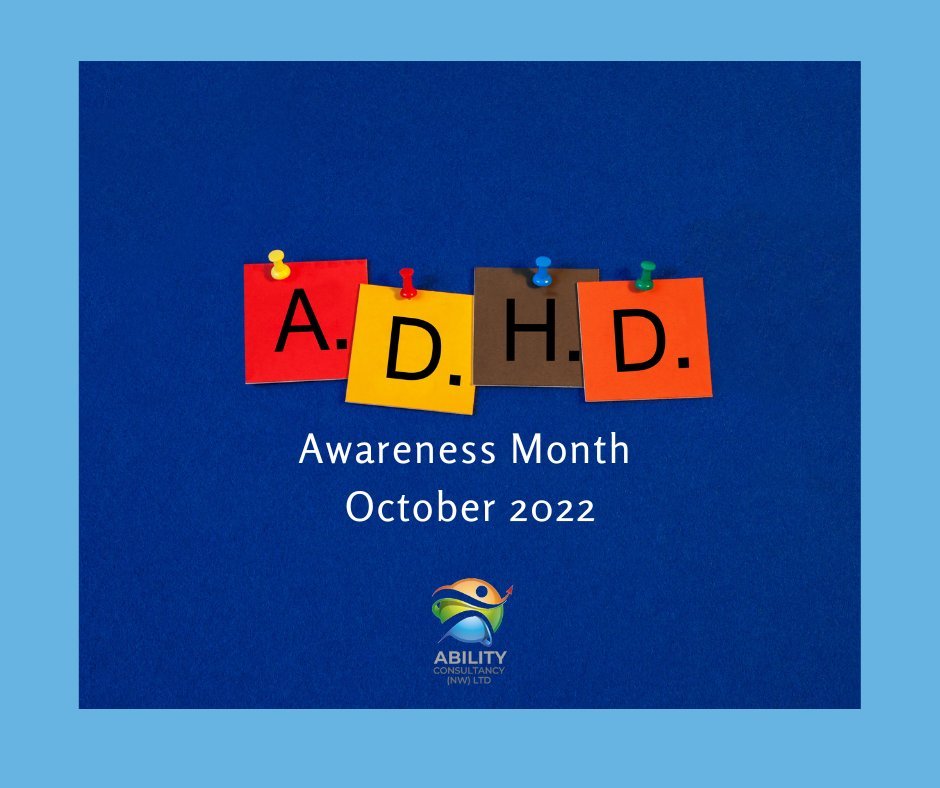Navigating the challenges presented by Attention Deficit Hyperactivity Disorder (ADHD) can often feel like sailing through stormy waters. The journey is marked by turbulent seas of inattention, hyperactivity, and impulsivity, which can disrupt the course of daily life for individuals with the condition. However, with resilience as the compass, individuals with ADHD can navigate these stormy waters, weathering the challenges and emerging stronger on the other side. In this comprehensive guide, we will explore the diverse symptoms of ADHD, provide insights into building resilience, and offer strategies for navigating the complexities of the condition with strength and determination.
Understanding the Diverse Symptoms of ADHD
ADHD is a multifaceted neurodevelopmental disorder characterized by a range of symptoms that can vary in presentation and severity among individuals. The diverse symptoms of ADHD include:
Inattention
- Individuals with ADHD may struggle with maintaining focus, organizing tasks, following through on instructions, and completing assignments. They may appear forgetful, easily distracted, and have difficulty sustaining attention on tasks that require mental effort.
Hyperactivity
- Hyperactive symptoms in individuals with ADHD can manifest as constant movement, restlessness, fidgeting, and difficulty engaging in quiet activities. They may have trouble sitting still, waiting their turn, or participating in activities that require sustained attention.
Impulsivity
- Impulsive behaviors in individuals with ADHD may include interrupting others, blurting out answers, acting without thinking, and having difficulty waiting for their turn. Individuals with ADHD may struggle with impulse control, decision-making difficulties, and challenges in regulating their behavior and emotions.
By understanding the diverse symptoms of ADHD, we can appreciate the complexity of the condition and tailor interventions to address the unique needs of individuals navigating these challenges.
Building Resilience in the Face of ADHD
Self-Awareness
- Encouraging individuals with ADHD to develop self-awareness about their symptoms, triggers, strengths, and challenges can empower them to navigate their condition effectively and advocate for their needs.
Coping Strategies
- Teaching individuals with ADHD effective coping strategies, such as time management techniques, organizational skills, and stress management tools, can help them navigate their symptoms and overcome obstacles in daily life.
Positive Self-Image
- Fostering a positive self-image and promoting self-esteem in individuals with ADHD can boost confidence, motivation, and resilience in the face of challenges and setbacks.
Support Networks
- Building a support network of family, friends, educators, healthcare providers, and peers can provide emotional support, practical assistance, and guidance for individuals with ADHD as they navigate their journey towards understanding and managing the condition.
Strategies for Navigating ADHD Symptoms
Medication Management
- Stimulant medications, such as methylphenidate or amphetamines, and non-stimulant medications, such as atomoxetine or guanfacine, may be prescribed to help manage ADHD symptoms and improve attention, focus, and impulse control.
Behavioral Therapy
- Behavioral therapy techniques, such as cognitive-behavioral therapy (CBT), social skills training, and parent training, can help individuals with ADHD develop coping strategies, improve self-regulation, and enhance social interactions.
Educational Support
- Collaborating with educators to develop individualized education plans (IEPs) or 504 plans can provide academic accommodations, such as extended time on tests, preferential seating, or organizational support, to help students with ADHD succeed in school.
Lifestyle Modifications
- Implementing lifestyle modifications, such as establishing routines, promoting physical exercise, ensuring adequate sleep, and practicing stress management techniques, can help individuals with ADHD manage their symptoms and enhance overall well-being.
Navigating Stormy Waters with Resilience
- Embracing Challenges: Encouraging individuals with ADHD to view challenges as opportunities for growth, learning, and self-improvement can foster resilience and a positive mindset in navigating the stormy waters of the condition.
Seeking Support
- Encouraging individuals with ADHD to seek support from healthcare providers, therapists, support groups, and loved ones can provide a safety net of resources and guidance during difficult times.
Setting Realistic Goals
- Helping individuals with ADHD set realistic goals, break tasks into manageable steps, and celebrate achievements can build confidence, motivation, and resilience in the face of adversity.
Practicing Self-Care
- Promoting self-care practices, such as mindfulness, relaxation techniques, hobbies, and activities that bring joy and fulfillment, can help individuals with ADHD treatment recharge, rejuvenate, and build resilience to navigate the challenges of the condition.
Conclusion
In conclusion, navigating ADHD symptoms with resilience is akin to sailing through stormy waters with strength, determination, and perseverance. By understanding the diverse symptoms of ADHD, building resilience, and implementing strategies for managing the condition, individuals with ADHD can weather the challenges, overcome obstacles, and emerge stronger on the other side. Through self-awareness, coping strategies, positive self-image, and support networks, individuals with ADHD can navigate the stormy waters of the condition with resilience, empowering them to thrive, succeed, and lead fulfilling lives. By embracing challenges, seeking support, setting realistic goals, and practicing self-care, individuals with ADHD can harness their inner strength, navigate the complexities of the condition, and sail towards a brighter and more resilient future.



